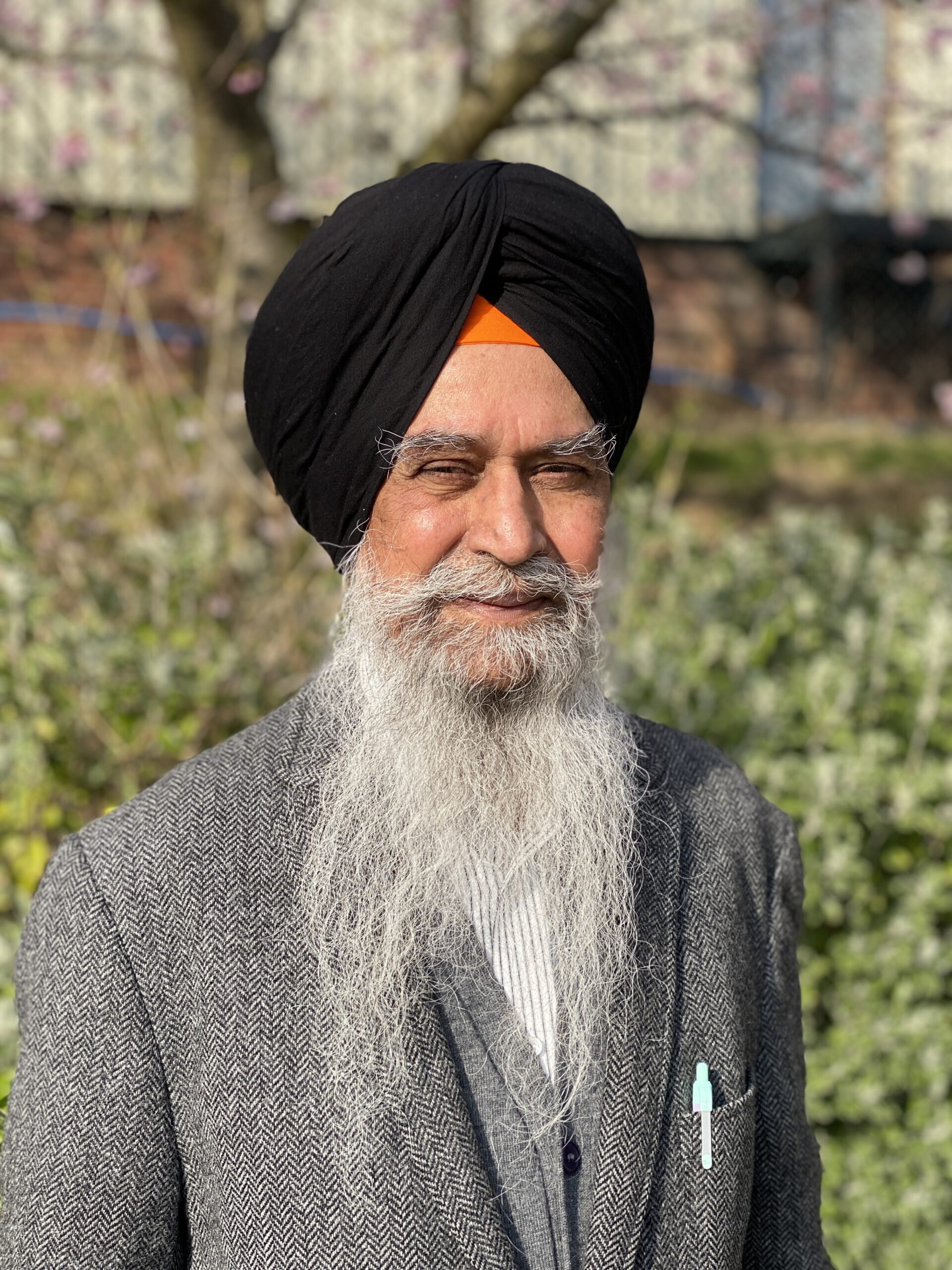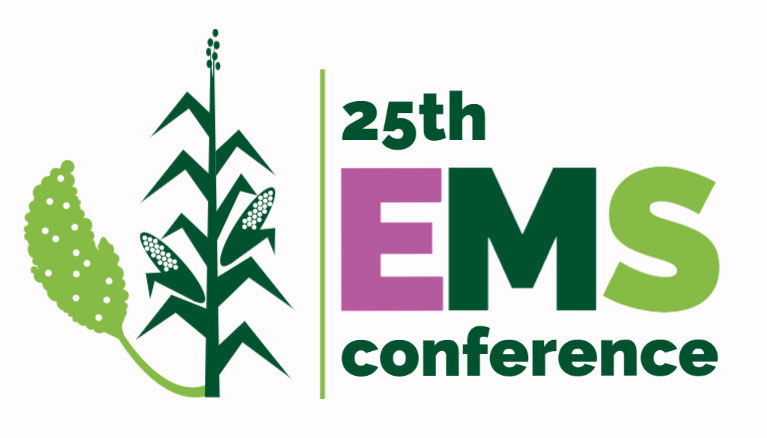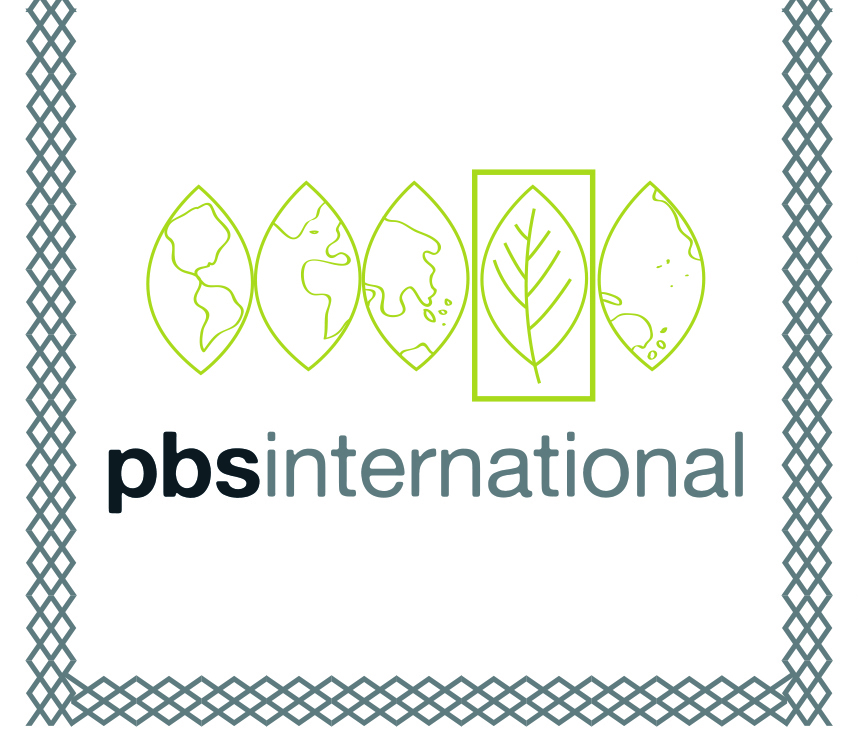We’re looking forward to attending the forthcoming 25th EUCARPIA Maize and Sorghum Conference in Belgrade. The focus of the conference is “Current Challenges and New Methods for Maize and Sorghum Breeding” and we’re delighted to announce that our Head of Research, Dr Daljit Virk, will be delivering an oral presentation on Tuesday 31st May on MAINTAINING AND BROADENING THE GENETIC DIVERSITY OF SORGHUM THROUGH NOVEL POLLINATION CONTROL BAGS.
Dr Daljit will explain how peer reviewed research highlighted that PBS SG1 bags bring the following improved efficiencies vs industry standard paper bags:
- 50% less mould build-up
- 98% protection against bird damage
- 10 x more grain per panicle
Please come along to Dr Daljit’s presentation if you’d like to find out more!
Sorghum Focus with Dr Daljit Virk
As well as leading PBS International’s Sorghum Research in Brazil and India over the last few years, Dr Daljit Virk has a long history working with Sorghum. From 1999-2002, he led a DFID (Department for International Development) UK funded project entitled Participatory Varietal Selection in Rabi Sorghum, with partners the National Research Centre for Sorghum, & Hyderabad and ICRISAT, Hyderabad, India.
During the project, collection of the local land races of winter sorghum for conservation and utilization in the breeding programme was undertaken and the incorporation of the farmers preferred traits like grain and fodder quality, floor recovery, threshability, roti quality, etc. in the future breeding programme was highlighted.
Farmers’ participation resulted in conducted trials on farmers’ fields who were given many new varieties for testing under their own conditions. They selected varieties according to their own criteria of preference.
The result of the project was two new varieties of winter sorghum preferred by the farmers namely, CSV 216 (SPV 1359) at the national level, and RSLG 262 for the shallow soil areas of Maharashtra state were released by Government of India!
Farmers were encouraged to exchange seed with other farmers to strengthen informal seed sector. The experience of working with farmers highlighted the need for demand-driven research where farmers determined the winter season sorghum quality parameters.
Key outcomes were:
- The voice of farmers was heard
- Partnerships were established to develop new seeds
- The result was better performing sorghum plants and economic gain for farmers
If you need any further information regarding Maize and Sorghum pollination control bags contact us




